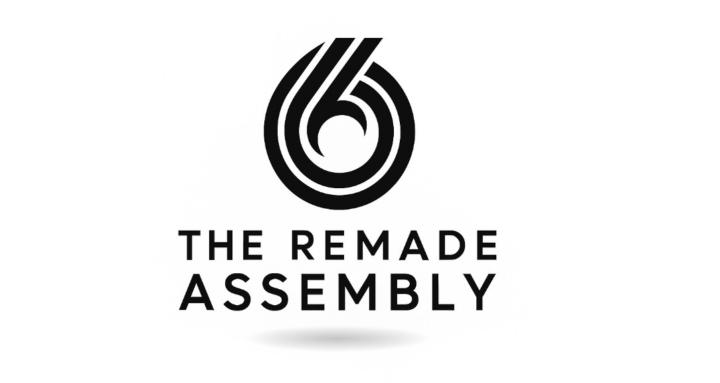Aug 6 (edited) • General discussion
Hedonism and Rebellion
My mother was severely overweight—technically obese—almost certainly due to unprocessed trauma. When I was little, my father would tell me, "If Mum doesn't lose weight, she's going to die." Both he and my grandmother insisted it was our collective responsibility—mine included—to force her to lose weight. At nine years old, I was making her go on runs with me, signing her up for fitness classes, and becoming obsessively controlling about food.
Strangely, I never developed a traditional eating disorder, and I've never connected my eating patterns to my anxiety. But reflecting on this now, I realise I've never allowed myself to eat chips, ice cream, or anything "unhealthy" unless it was planned in advance—a birthday or special occasion—and even then, I'd feel terrible afterwards. This rigid control over food was actually my first attempt at managing anxiety, the earliest manifestation of what would become health anxiety.
I don't know what it means to be spontaneous or give in to simple joy. There's this deep fear that any hedonism would spiral endlessly—that if I even dipped my toe into a carefree, happy-go-lucky approach to life or took the smallest risk, I'd be pulled into complete self-destruction. This fear of "complete self-annihilation" really captures how thoroughly I learned that letting go of control equals danger. It makes complete sense that a child who was told their parent's life depended on their vigilance would grow up feeling like relaxing that vigilance—even around something as simple as eating ice cream—could have catastrophic consequences. Logically, I know this isn't true, but the fear feels very real.
This weirdly connects to something else I've been thinking about: a counselor's analysis of The Breakfast Club on YouTube that stuck with me. The Bender character—problematic as he is from a modern perspective regarding consent—was interpreted as representing healthy rebellion. His influence was ultimately positive because the other characters needed to integrate that rebellious energy into themselves.
I was never allowed to rebel. My family had no boundaries, and I was completely enmeshed with my father. Any rebellion, even healthy teenage pushback, was treated as betrayal, and he would completely withdraw his love in response. I learned to fawn, to always be the good girl. I never went through that natural adolescent process of testing limits and learning where the boundaries actually are—that crucial process that's supposed to teach you that you can push against structure and still be safe, still be loved. Without that experience, of course spontaneity feels terrifying. I never got to learn that I could be "bad" and still be fundamentally okay.
Now I don't know how to access that freedom or carefree nature. It feels strange to be learning rebellion in my thirties, but this reflection has helped me realise how significant this missing piece really is. Anyone have any suggestions how to tap into these parts in a healthy way?
5
15 comments
powered by

skool.com/the-remade-assembly-9980
Rebuild your identity. Regulate your nervous system. Become who you were meant to be—without the mask, the burnout, or the old survival self.
Suggested communities
Powered by
